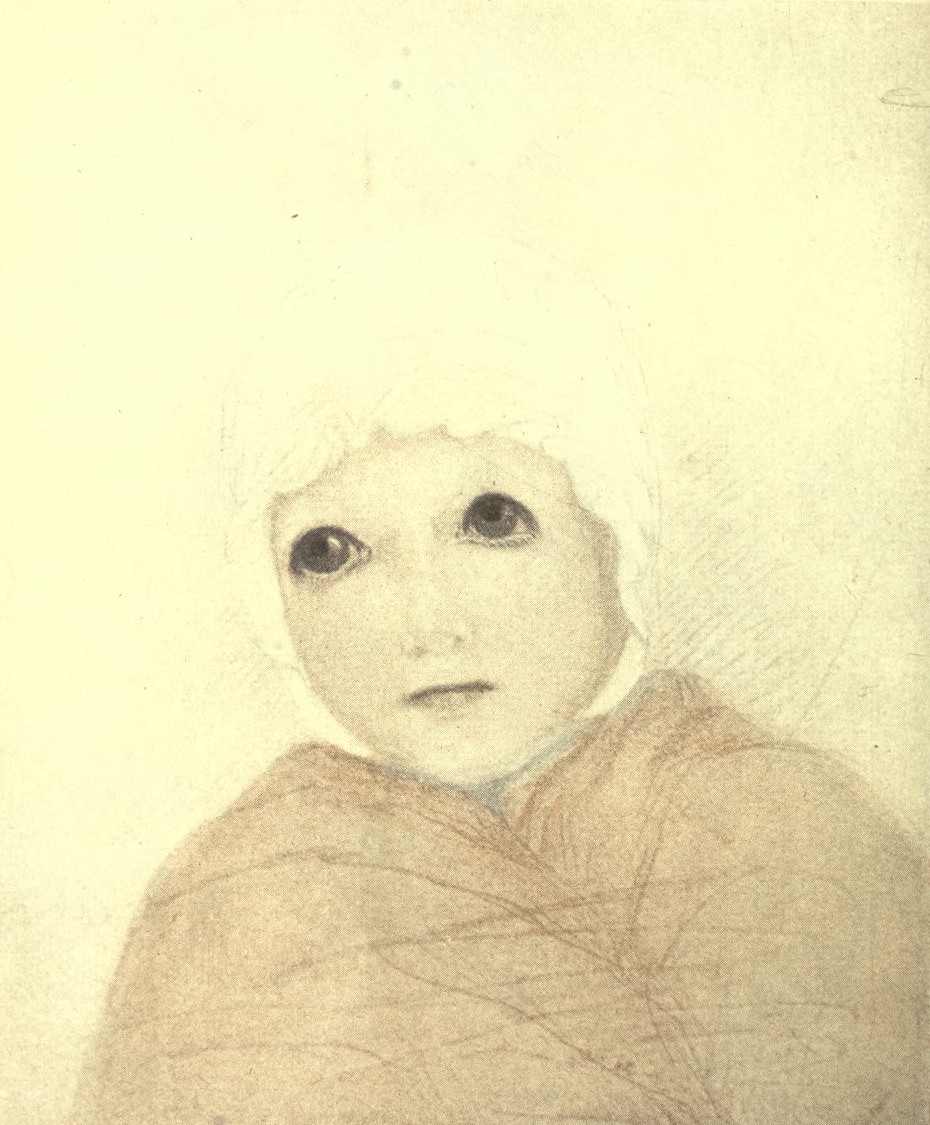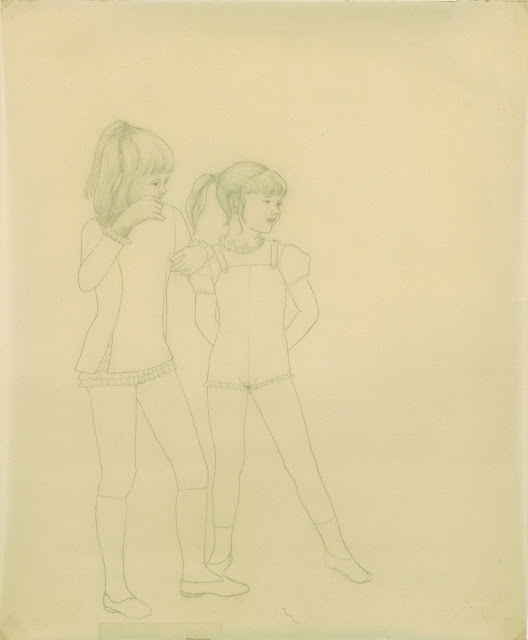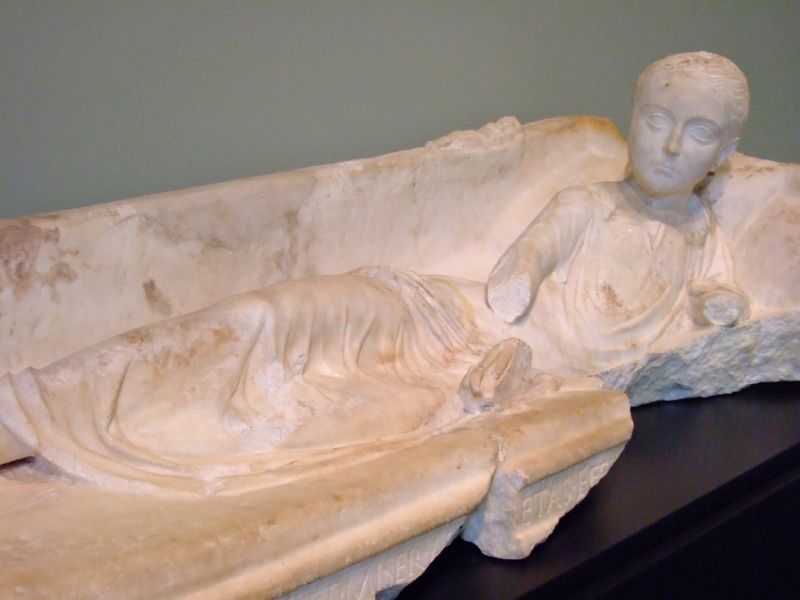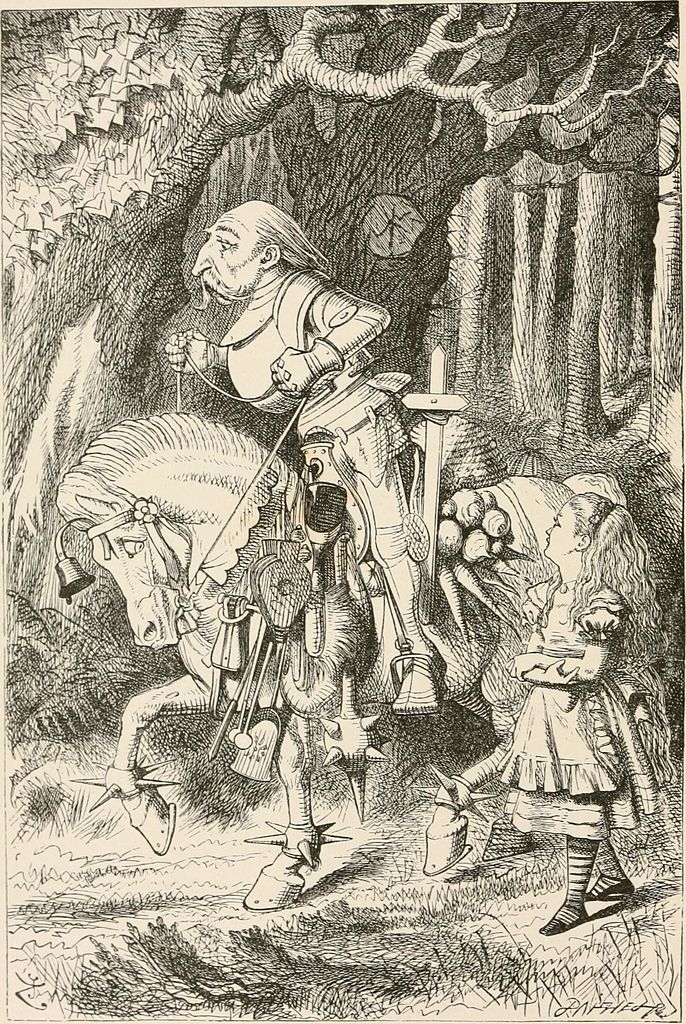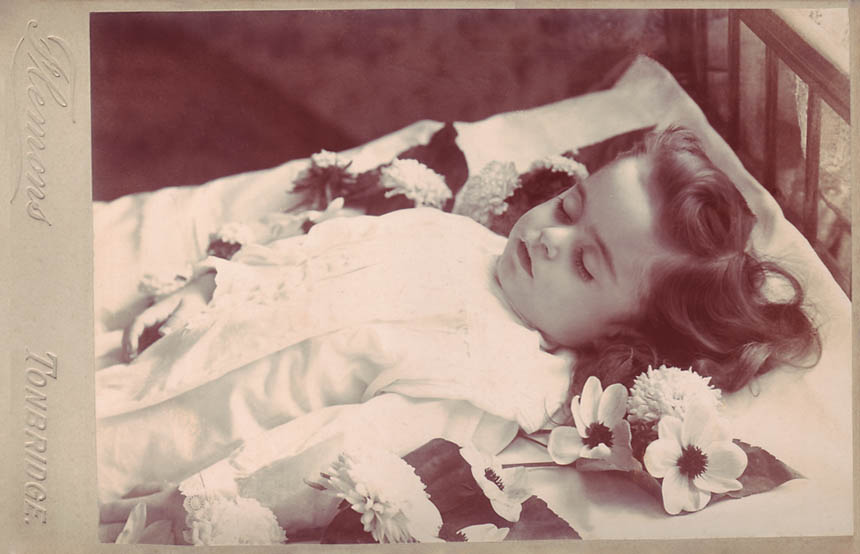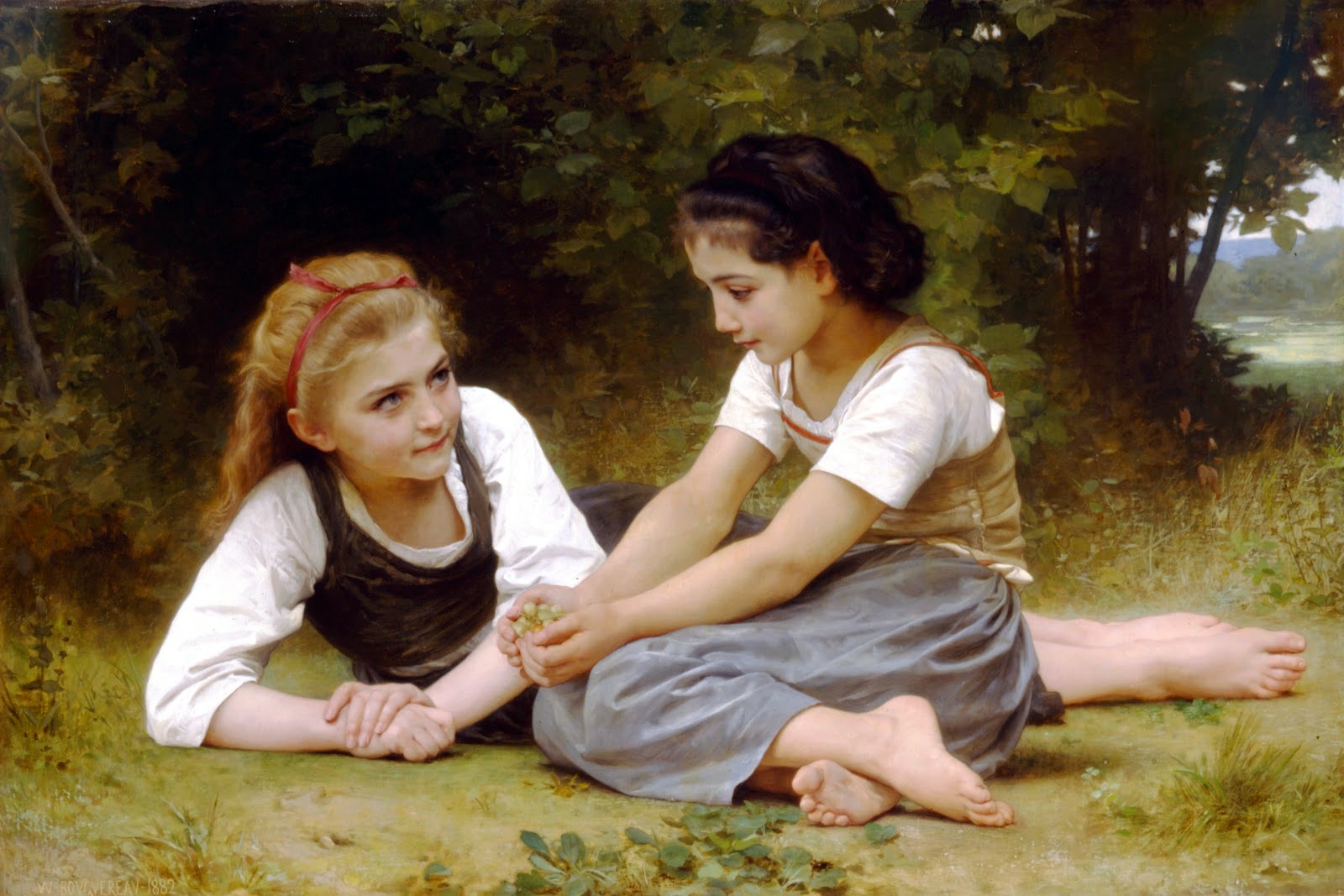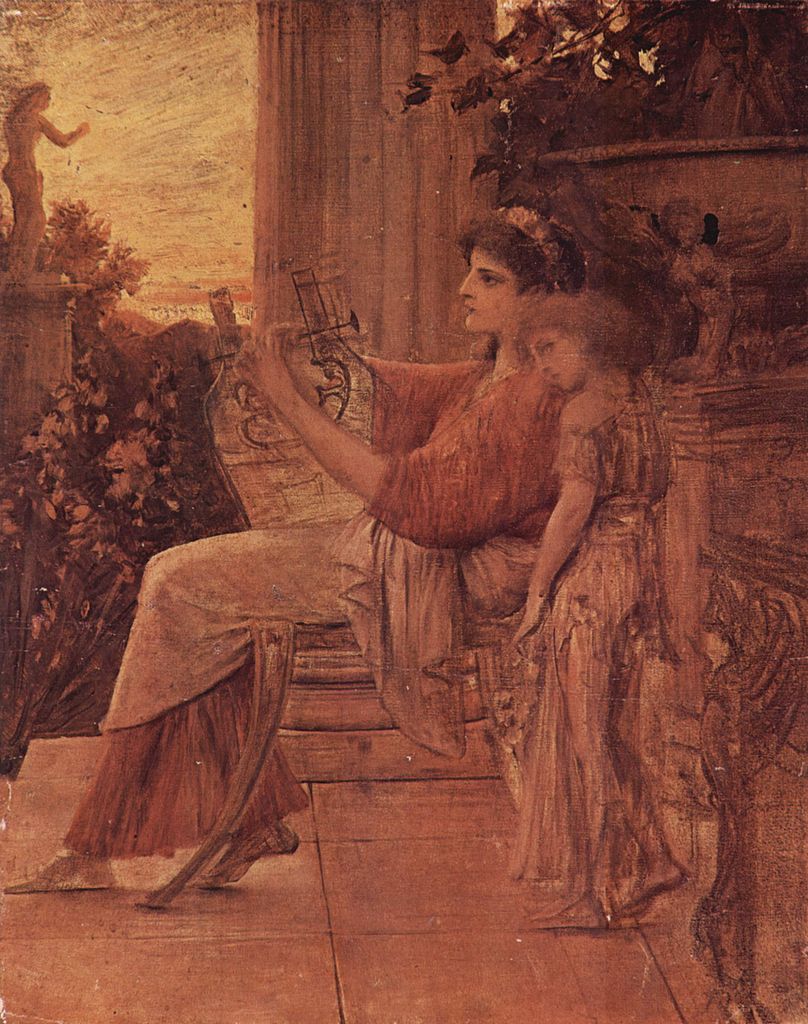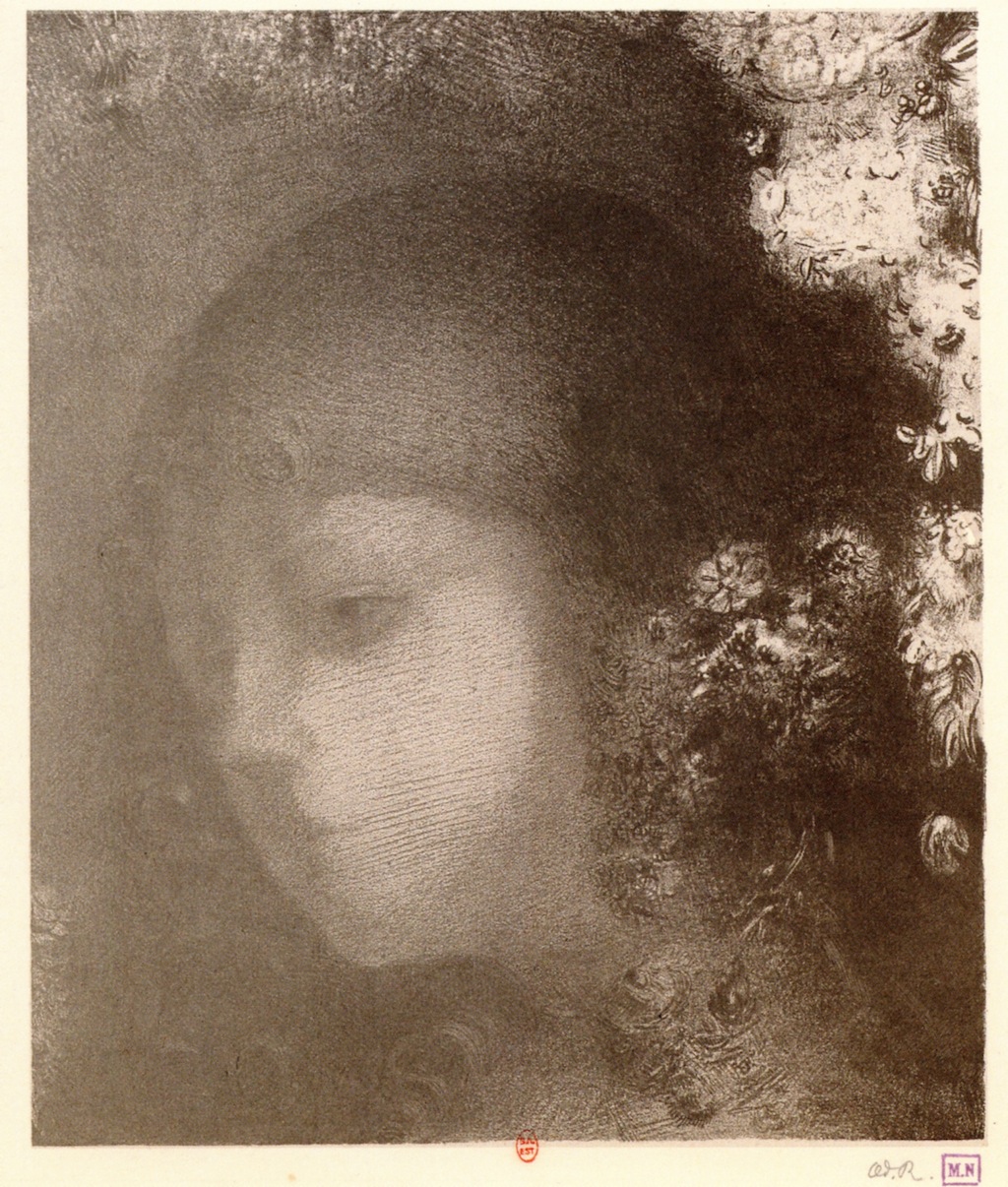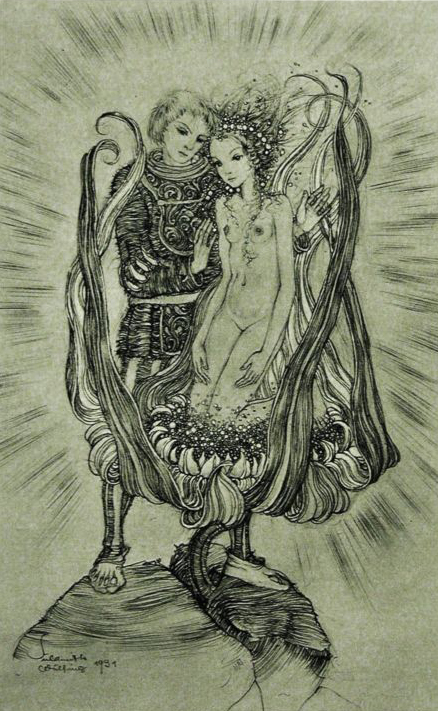
This is a beautiful and strange poem about a loved girl who seems to come from an outer world, maybe from dreams, or from a star, a spiritual bride descending on the bed of the desiring poet, and their mystical union mixes extasy with agony. Both erotic and esoteric, full of hidden meanings, these verses are difficult to interpret. The 1905 edition of the poem states that the title means: ‘One of the “Intelligences” of the Planet Venus.’ CONTINUE READING / CONTINUER LA LECTURE…


